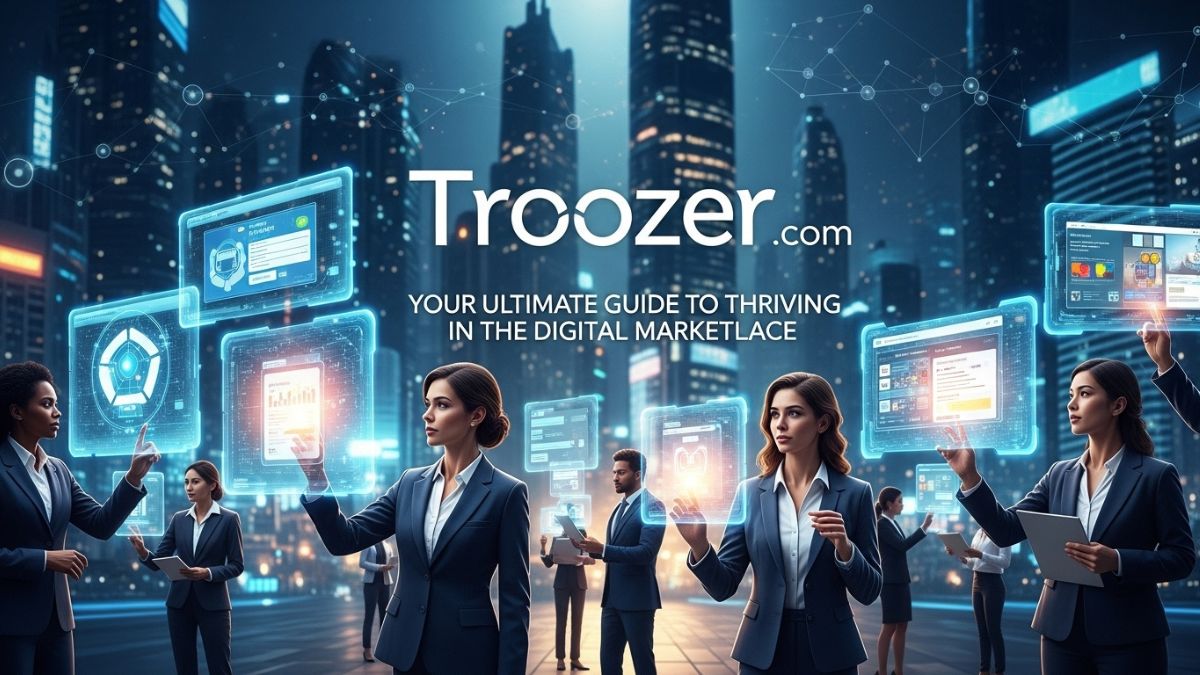Over the past 10 years, technology has progressed so dramatically that industries are currently hurrying to adapt. From boardroom to hospital room, AI (artificial intelligence) and EVs (electric vehicles) are going to be transformational cornerstones. Enterprises are transforming, healthcare are going smarter and the mobility industry is transitioning to eco-friendly means. At the core of this revolution is a strong demand for qualified professionals who can leverage these technologies.
Whether you’re a corporate professional seeking to level up or a student exploring future-proof careers, the realm of AI for business, EV courses, and AI in healthcare can lead you to limitless opportunities. Let’s explore how.
AI for Business: Making Organizations Intelligent
Artificial intelligence has gone from being a buzzword — and a vague one at that — to critical to business. AI for business is revolutionizing the way organizations work, with applications ranging from automated customer service to personalized marketing campaigns and forecasted inventory requirements.
How will it impact our lives on a day-to-day basis? Rather than basing assumptions off a gut feeling, businesses are now able to identify demand trends, optimize stock levels, and personalize what they are offering to customers based on data. AI is assisting every level to reduce costs, improve efficiencies and better serve customers. Within finance, for example, AI-enhanced algorithms are reshaping the landscape of fraud detection by scanning and analyzing real-time transaction habits, whereas, within human resources, it is accelerating the process of talent acquisition and retention by scanning thousands of resumes to better predict an individual’s compatibility with the company.
A McKinsey report says business adoption of AI could add between $6 trillion to $13 trillion to the global economy by 2030. It is this potential that is prompting organizations to invest in not just technology but also talent. There is surging demand for professionals trained in machine learning, data science and AI strategy, with job roles such as AI consultant, business intelligence analyst and AI product manager growing at an explosive rate.
These EV courses not only teach learners about the technical aspects of AI, but also about how to apply that technology strategically in organizations. Often offered in cooperation with leading universities, these programs include modules in decision making based on data, fairness of AI, and frameworks for implementation.
EV Courses: A New Direction for Eco-Friendly Transportation
With the global emphasis shifting towards sustainability, the electric vehicle (EV) sector is witnessing massive momentum. Countries are announcing ambitious zero-emission targets, and car makers are pouring billions into developing EVs, creating a soaring demand for skilled EV professionals.
It is where an EV course can become a game changer.
Electric vehicles are not only the battery-run engine per se, there is ecosystem of technologies such as a battery management systems, power electronics, electric drivetrains and charging infrastructure. However, no matter whether you are an engineer, politician or entrepreneur, understanding this ecosystem is vital for making a meaningful contribution to the EV revolution.
Core topics in an EV course typically include:
Basics of electric mobility
EV design and development
Thermal management and battery technologies
Grid integration and charging systems
Policies of the government and trends in the market
Practical exposure is a crucial part of these programs, and hands-on projects through lab simulations generally form a vital component, enabling the learners to step into roles such as an EV design engineer, battery specialist, or charging infrastructure planner.
There are already massive commitments to electrification from governments and corporations. India, for example, wants 30 percent of all vehicles to be electric by 2030. In this light, an EV course not only equips professionals for the green economy but also courses them into future job profiles around the world.
Artificial Intelligence in Health Care: Saving Lives With Smarter Technology
The healthcare industry is experiencing a seismic shift, albeit discreet and focused, yet artificial intelligence is at the forefront of this. AI in healthcare: Transforming diagnosis and treatment methods and transforming patient experience, AI in healthcare is impacting the way care is delivered; from diagnosis to hospital workflows, etc.
One of the most promising areas is medical imaging. AI algorithms already match expert radiologists in detecting conditions such as cancer or diabetic retinopathy. This aids in early diagnosis, key for effective treatment.” Likewise, AI-enabled systems can monitor patient vitals in real time and alert medical professionals in case of anomalies to avert emergencies in the first place.
Cognitive technology is streamlining hospital operations also. Natural language processing digitizes patient records, and predictive analytics tools help with staffing and resource allocation. AI models were even used to monitor virus spread and help with vaccine research during the COVID-19 pandemic.
To learn about AI in healthcare requires an understanding of both the tech and the ethical implications. Curricular offerings in this area typically cover:
Medical data analytics
AI in diagnostic systems
You are training on data till October 2023.
Personalization of care to the patient; predictive modeling
Healthcare Professionals, Data Scientists & Biotech Researchers Who Want To Create Impact At Technology-Medicine Interface: You! As populations age and healthcare costs continue to climb, the potential of AI to drive better outcomes while reducing costs is greater than ever.
The Need to Upskill: Why This Is the Best Time To Do So
If you’re thinking of pivoting to a new career or trying to future-proof your current one, investing in skills related to both AI and EVs could pay long-term dividends. Here’s why:
High Demand, Low Supply: There is a massive skills gap in both the AI and EV sectors. And organizations are happy to pay top dollar to candidates who possess the right mix of domain knowledge and technical expertise.
Global Opportunities: These technologies are global. Your skills will going to be required what ever in North America, Europe, Asia.
Meaningful Work: You can work on causes you care about in AI or if you’re working in EVs building the sustainable cities (or bringing healthcare access to new populations).
Variety of Career Opportunities: These fields can lead you to many positions such as research and product development, as well as strategy and policy-making.
Where to Begin?
Some of the leading institutions and platforms provide specialized programs in this domain. Before a course, think about:
Your network and the reputation of the institution
Strong Industry Association and Placement Assistance
Relevance of practice and exposure to projects
Flexible learning formats (online/hybrid/part-time)
Seek courses that teach you not just the tools but the context — how these technologies apply to real-world sceneries.
Conclusion
We’re at the intersection of three revolutions: AI revolutionizing enterprise, EVs revolutionizing transportation and making healthcare more intelligent and more accessible. By developing the right skills in these areas, you’re not only getting ready for a better career — you’re contributing to a better world.
Whether it’s getting to grips with AI in business, booking EV courses or exploring the potential of AI in healthcare, the time.
ALSO READ: Measuring the Impact of AI on Customer Satisfaction Scores















